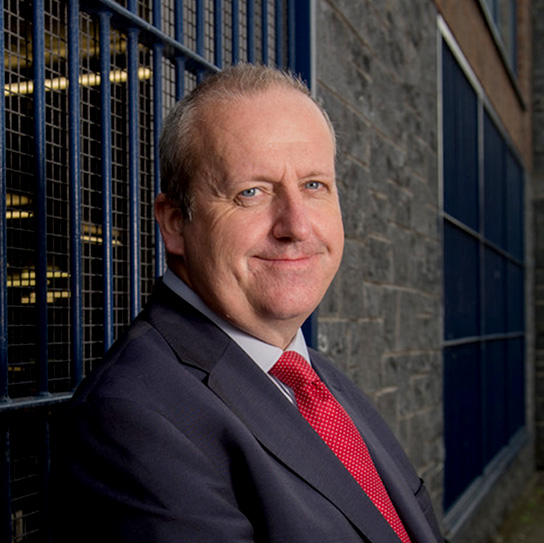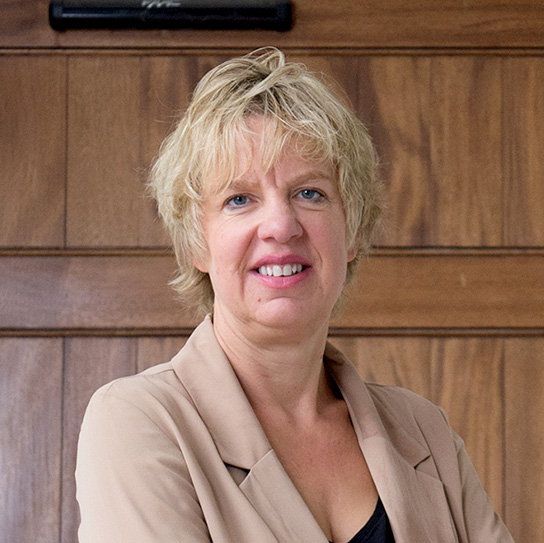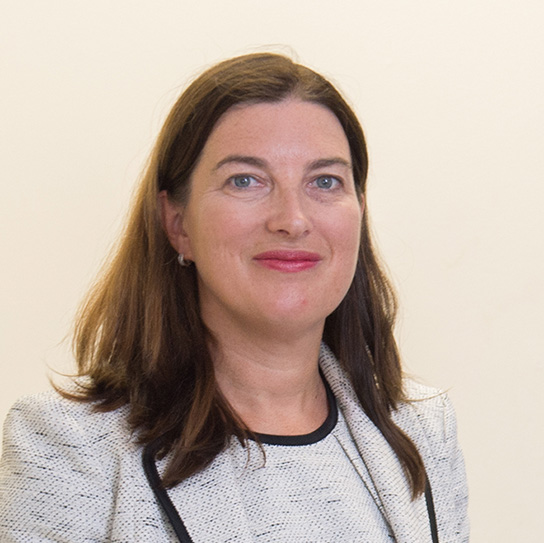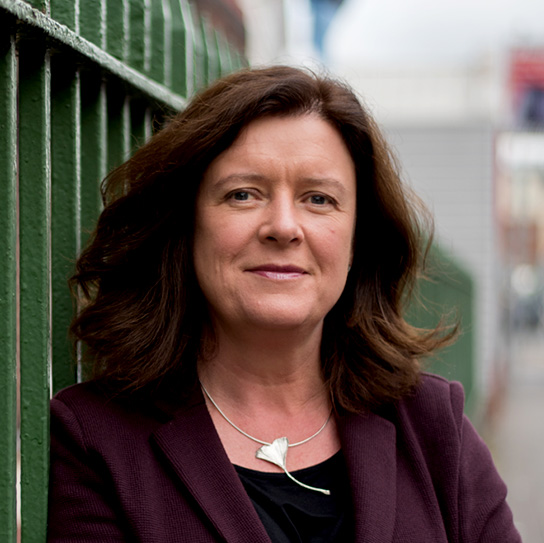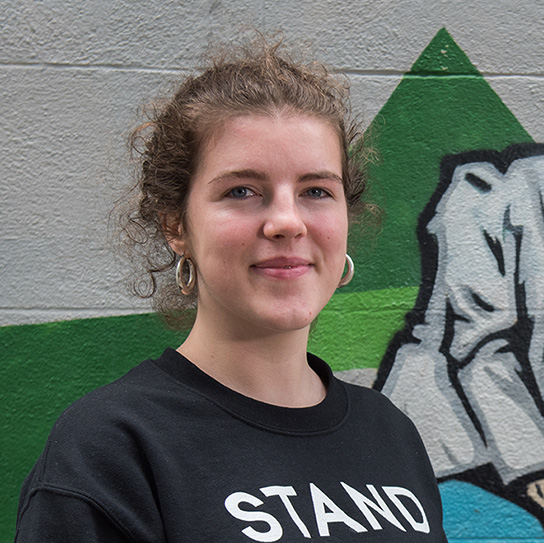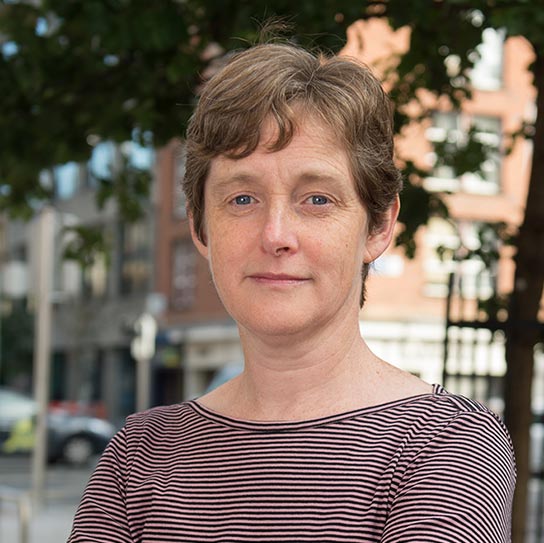Catherine Forde
Activist, barrister and former board member of the IFPA

I first got involved during the 1982 campaign to insert the 8th Amendment (that the fetus has a right to life equal right to life of the mother into the Irish Constitution). No matter what one's opinion was on abortion, putting such a clause into our constitution showed complete and utter disrespect for women.
It was clear to me this clause would give rise to legal difficulties and put women's lives in danger. I just thought this is unfair. This is wrong. It was a very bitter horrible campaign. We were threatened and intimidated when we canvassed on the streets. We were regularly called murderers. It was a time in Ireland when the Catholic church reigned supreme, and they reckoned they could say what they like and do what they liked.
I, and a friend, formed a women's health group where we tried to do something about improving women's access to contraception because at that time even access to contraception was extremely limited. Then in 1984 I was asked to join the board of the Irish Family Planning Association (IFPA).
The Irish Family Planning Association continued to argue this is a health issue, it's not a matter for criminal law.
An anti-choice group successfully brought a legal challenge which prevented our clinics providing abortion counselling or giving out any information. It was hard because the IFPA didn’t want to fall foul of the law but still had to provide the best service we could for women in need. The anti-abortion forces would send in someone with a tape recorder to try and trap counsellors for the purposes of prosecution. They would try to trick them into giving out telephone numbers or information that they shouldn't have. It was incredibly difficult environment for our counsellors to be working in.
The anti-abortion groups were greatly influenced by Evangelical organizations in the U.S. They regularly picketed clinics, they harassed women coming into the clinic. One time they occupied the clinic and wouldn't leave. I recall there was a young couple there that day looking for emergency contraception. They were terrified the occupiers would take their photograph and they could end up in local newspaper. They were really frightened. The police got the protestors to leave but they came back. They were extremely abusive and followed us down the street shouting ‘murderer’. It was all horrible, just a very fundamentalist attitude. And a complete inability to see anything other than their own point of view.
For me that’s why education made such a difference. It is my view that the Irish Family Planning Associations’ work in educating doctors, politicians, civil society was so important. We produced books on the stories of women who travelled to other countries for abortions. People began to see it is a complex issue, that women must be respected and that they are equal citizens. Because once a woman became pregnant in this country she was no longer equal to any other citizen as she was in competition with a fetus. For me this really was about the fundamentals of human rights. It’s about every woman’s right to make decisions for themselves.
One of the big problems was that politicians and doctors were not capable of putting their head above the parapet. Politicians were terrified of being called murderers, of getting lots of hate mail because any of them that ever did speak up were deluged with horrendous and horrible letters or had their homes picketed. They were paralyzed with fear, so they did nothing.
The Irish Family Planning Association continued to argue this is a health issue, it's not a matter for criminal law. It’s a matter between a woman and her doctor to be regulated by health guidelines. We submitted that we should have a referendum to remove the eighth amendment. We just did not let the issue go away. We slowly brought on board those who had the power to make things change. That took time but it's very important work. Slogans of themselves, marches of themselves will not change things.
The government called a citizen's assembly to review the constitution, including the eighth amendment. The citizen's assembly recommended that there should be a referendum on taking the eighth amendment out of the Constitution. That then went to a parliamentary committee where more expert evidence was given. It was clear the situation could no longer continue. We finally had our national referendum in May 2018.
When I was door to door canvassing last year, I felt the winds of change. A man told me at my age I should know better and I was called a murderer, but only the once. That was a refreshing change!
It took us 35 years of education and discussion to get there. At times it was obviously very difficult to keep that discussion alive in the face of the overwhelming opposition and the loud voices of those wanting to shut you down. But you can hardly let them stop you. Be brave. Be angry.
To find out more about Irish Family Planning Association please visit www.ifpa.ie.
Repealed the 8th: Ireland’s Abortion Referendum
from the Center for Reproductive Rights
when








